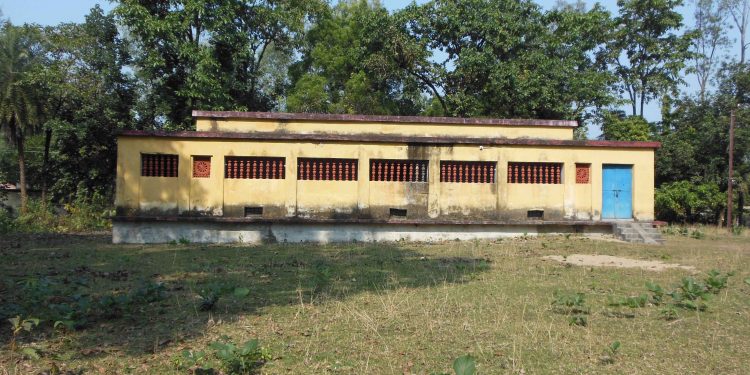Kaptipada: Silk farmers in tribal-dominated Kaptipada block of Mayurbhanj district are in distress with their activities taking a hit due to the Tussar Farmers’ Cooperative Society virtually lying sick.
Reports said the society was set up at Jadida panchayat in 1957 to boost sericulture in the region. Now, the society is beset with a host of problems while the government is not providing any support for its revival. As a result, the livelihood of over 400 silk farmers has been affected. Moreover, those who had been traditional silk farmers are no longer interested in the occupation and the new generation is averse to sericulture.
Hundreds of people used to produce silk in Jambani, Nedam, Salachua, Jadida, Sapaghar, Bhejidiha and Mahulaphunka. The cooperative society was formed with 650 farmers. Over the years, its membership has declined to 400.
Farmers said the society used to run on profits, but over the years it became sick for lack of government support and is now on the verge of closure, throwing silk farming in the region into doldrums.
The society usually supplies silkworm eggs to farmers in June and July while farmers release the grown-up worms on Asana and Arjuna trees in October and November. Cocoons are collected from trees in January.
“The areas around Similipal used to have a large number of Asana and Arjuna trees, but those trees have started vanishing due to the activities of the timber mafia and lack of care. Consequently, silk production has come down,” said farmers Ramay Singh and Rameswar Murmu.
For silk farming, Asana and Arjuna trees have been planted on 60 hectares in Jadida, Kadamba, Thakursahi and Jualibhanga. Sadly, the trees have been left uncared for due to manpower shortage.
A technical inspector who is in charge of the plantation said scores of Asana and Arjuna trees have been cut down when Kal and Sunei dams were built. Seed and silk production was severely hit, he pointed out.
The society procures cocoons from farmers and supplies them to the apex society for silk farmers in Bhubaneswar.
Now, silk famers are not selling cocoons to traders at the government price; instead, they are selling them outside the state at a premium. As a result, the society has been deprived of its primary activities of procurement. Every year, the society used to collect cocoons worth Rs 4 lakh.
PNN






































